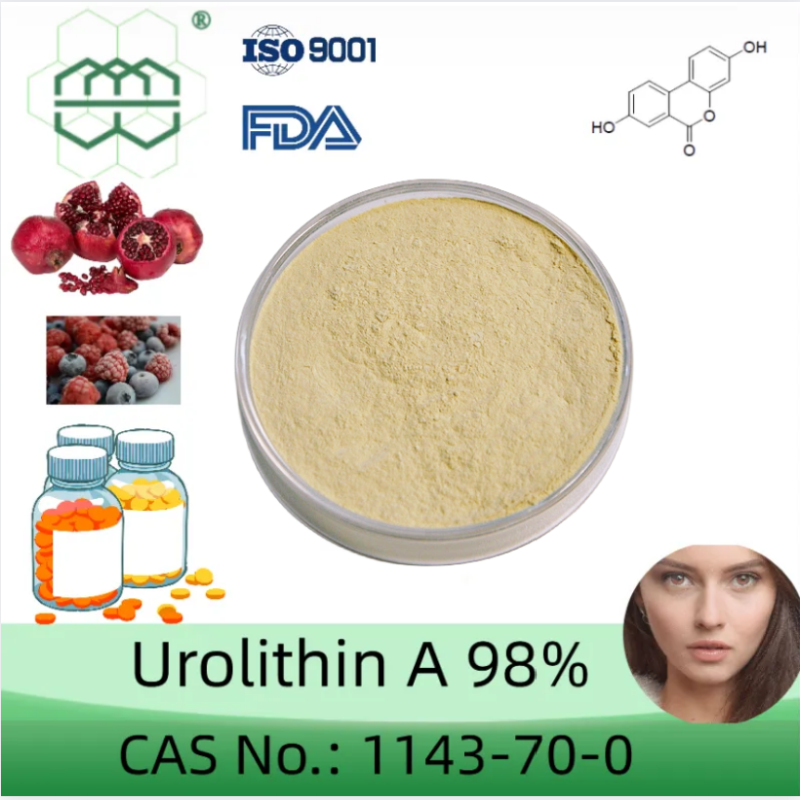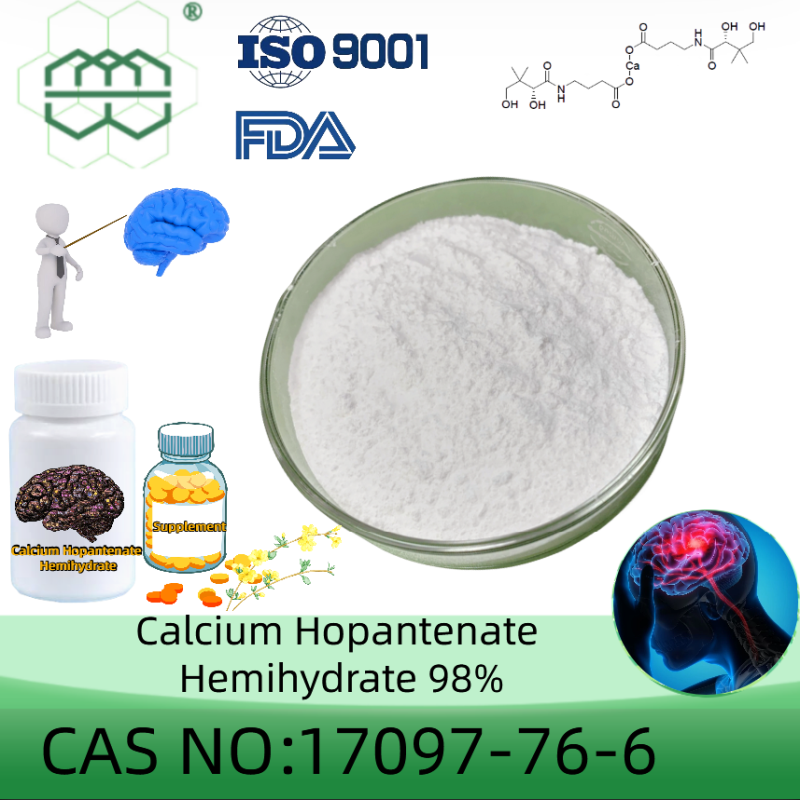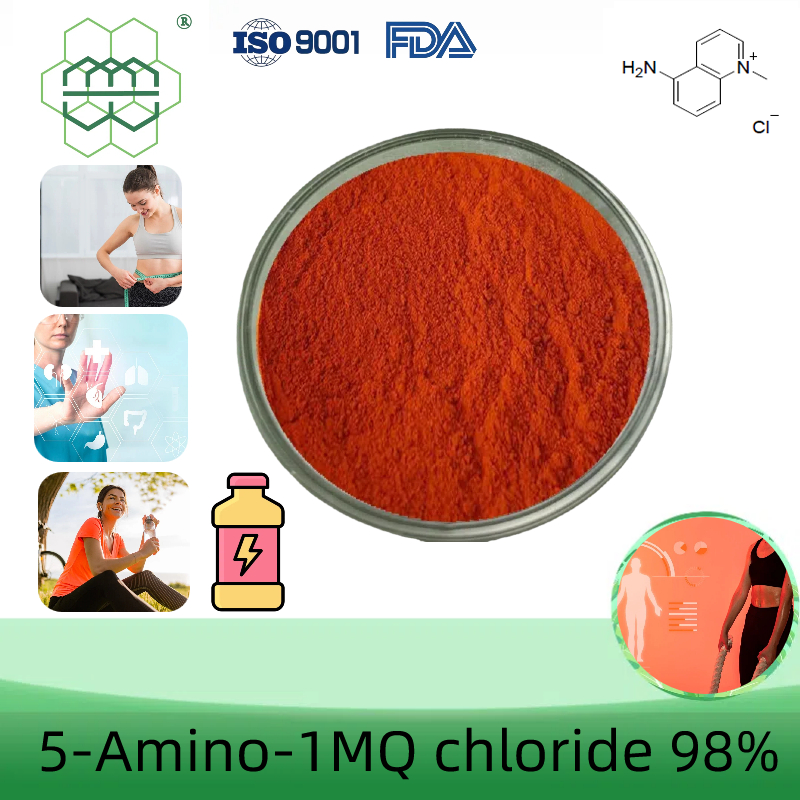-
Categories
-
Pharmaceutical Intermediates
-
Active Pharmaceutical Ingredients
-
Food Additives
- Industrial Coatings
- Agrochemicals
- Dyes and Pigments
- Surfactant
- Flavors and Fragrances
- Chemical Reagents
- Catalyst and Auxiliary
- Natural Products
- Inorganic Chemistry
-
Organic Chemistry
-
Biochemical Engineering
- Analytical Chemistry
-
Cosmetic Ingredient
- Water Treatment Chemical
-
Pharmaceutical Intermediates
Promotion
ECHEMI Mall
Wholesale
Weekly Price
Exhibition
News
-
Trade Service
The growth and reproduction of microorganisms in the process of storage and circulation of cold fresh meat leads to a decrease in the freshness of meat, deterioration of quality, and even corruption, resulting in huge economic losses
.
Since bacteriostatic substances cannot be directly added to cold fresh meat, measures such as improving packaging methods and packaging material properties are usually used to inhibit the growth and reproduction
of microorganisms in cold fresh meat.
At present, the development and application of bio-based antibacterial packaging materials is a research hotspot, and the controlled release of active substances is a difficult point
in research.
.
Since bacteriostatic substances cannot be directly added to cold fresh meat, measures such as improving packaging methods and packaging material properties are usually used to inhibit the growth and reproduction
of microorganisms in cold fresh meat.
At present, the development and application of bio-based antibacterial packaging materials is a research hotspot, and the controlled release of active substances is a difficult point
in research.
In this study, bio-based active packaging materials
were developed by introducing a nanoemulsion loaded with cinnamon essential oil as a bacteriostatic delivery system for chitosan/gelatin composite membranes.
The results showed that the nanoemulsion loaded with cinnamon essential oil had high physical stability and good dispersibility, and had good
compatibility with chitosan/gelatin composite substrate.
The introduction of cinnamon essential oil-loaded nanoemulsions significantly improved the mechanical and barrier properties
of chitosan/gelatin composite membranes.
Cinnamon essential oil-loaded nanoemulsion/chitosan/gelatin membrane effectively inhibits the growth
of cold fresh meat spoilage bacteria Pseudomonas MN10 and Lactobacillus VMR17 by slowly releasing bacteriostatic substances.
This study revealed the mechanism of cinnamon essential oil nanoemulsion/chitosan/gelatin membrane inhibiting the spoilage of cold fresh meat, which provided technical support
for the research and development of accurate fresh-keeping packaging of cold fresh meat.
were developed by introducing a nanoemulsion loaded with cinnamon essential oil as a bacteriostatic delivery system for chitosan/gelatin composite membranes.
The results showed that the nanoemulsion loaded with cinnamon essential oil had high physical stability and good dispersibility, and had good
compatibility with chitosan/gelatin composite substrate.
The introduction of cinnamon essential oil-loaded nanoemulsions significantly improved the mechanical and barrier properties
of chitosan/gelatin composite membranes.
Cinnamon essential oil-loaded nanoemulsion/chitosan/gelatin membrane effectively inhibits the growth
of cold fresh meat spoilage bacteria Pseudomonas MN10 and Lactobacillus VMR17 by slowly releasing bacteriostatic substances.
This study revealed the mechanism of cinnamon essential oil nanoemulsion/chitosan/gelatin membrane inhibiting the spoilage of cold fresh meat, which provided technical support
for the research and development of accurate fresh-keeping packaging of cold fresh meat.
The research results were published online in
Food Hydrocolloids (JCR Zone I, IF=11.
504), a top international journal in the food field.
Fan Simin, a 2021 doctoral student jointly trained by the Meat Science and Nutrition Engineering Innovation Team, is the first author of the paper, and Professor Zhang Dequan and Associate Professor Hou Jiancheng are co-corresponding authors
.
The research was supported
by the National Key Research and Development Program of the 14th Five-Year Plan (2021YFD2100802).
Food Hydrocolloids (JCR Zone I, IF=11.
504), a top international journal in the food field.
Fan Simin, a 2021 doctoral student jointly trained by the Meat Science and Nutrition Engineering Innovation Team, is the first author of the paper, and Professor Zhang Dequan and Associate Professor Hou Jiancheng are co-corresponding authors
.
The research was supported
by the National Key Research and Development Program of the 14th Five-Year Plan (2021YFD2100802).
Original link: https://doi.
org/10.
1016/j.
foodhyd.
2022.
108438
org/10.
1016/j.
foodhyd.
2022.
108438







